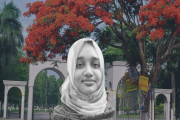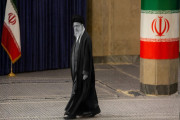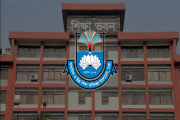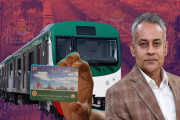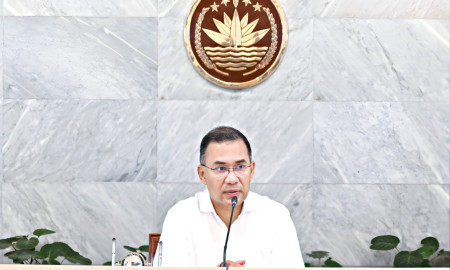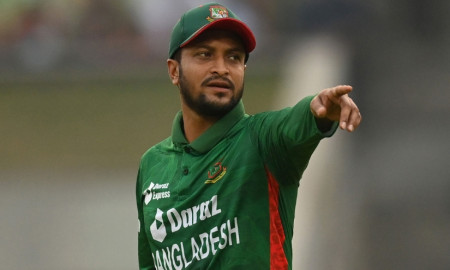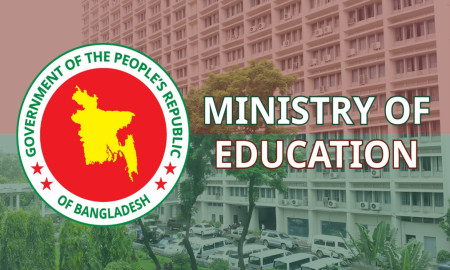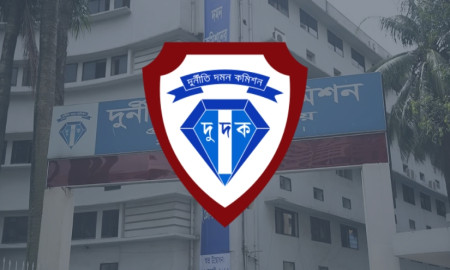History of DUCSU Leaders: From British Era to Independent Bangladesh
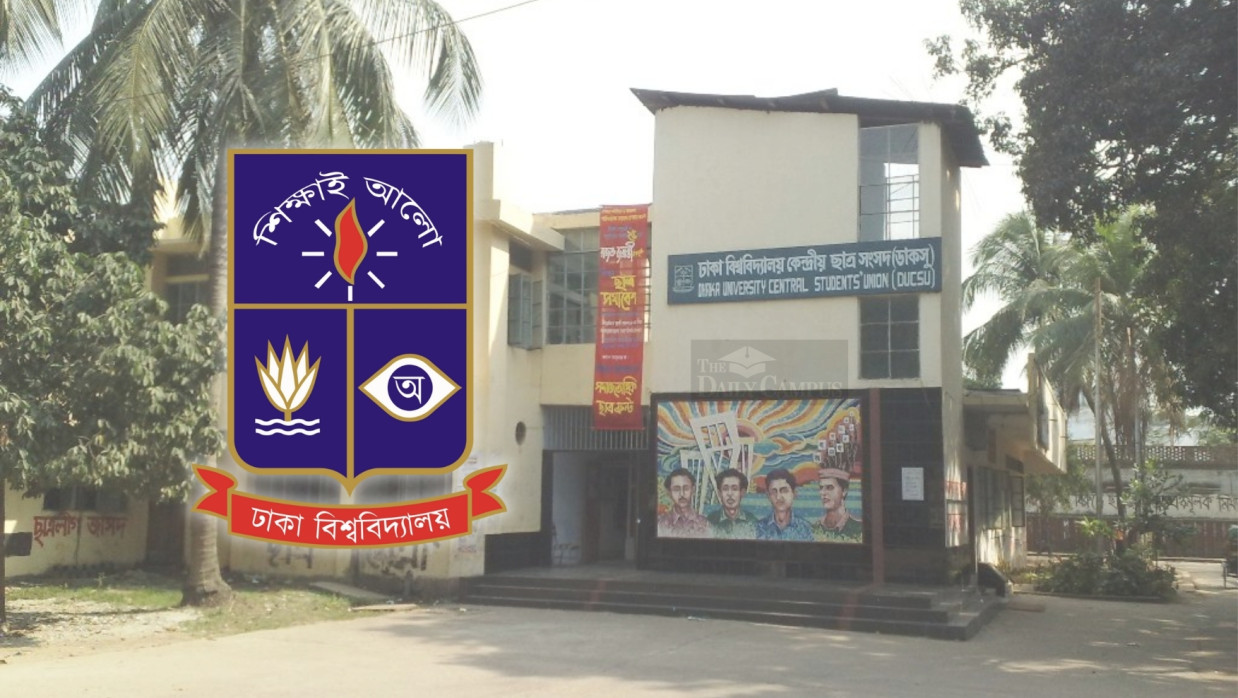
Dhaka University, the nation’s oldest higher education institution at 104 years, has long served as a crucible for education, self-determination, and democratic movements in Bangladesh. Its political contributions are profound, with the Dhaka University Central Students’ Union (DUCSU), often described as a nursery for leadership, producing influential figures across the political spectrum, from left and right to centrist ideologies. These leaders have played pivotal roles in shaping the nation’s political landscape.
Since its inception, DUCSU has held elections 37 times, with 29 occurring during the British and Pakistan eras and only eight in the 53 years since Bangladesh’s independence. Despite the 1973 University Ordinance mandating annual DUCSU and hall union elections, the process has been inconsistent. The last DUCSU committee’s term ended in March 2020, followed by a five-year delay despite assurances from the previous administration. The landscape shifted after the 5 August 2024 uprising, with active student organizations intensifying demands for elections through various campus programs.
Under the leadership of Vice-Chancellor Professor Dr. Niaz Ahmed Khan, the current administration has adopted a proactive stance. Preparations for the 2025 election began in December 2024, culminating in the announcement of the election schedule on 29 July 2025 and the release of the draft voter list on 30 July. Nomination forms will be distributed daily from 12 August to 18 August, between 10:00 a.m. and 4:00 p.m., with submissions due by 3:00 p.m. on 19 August. Scrutiny is scheduled for 20 August, followed by the preliminary candidate list on 21 August at 12:00 p.m., withdrawals by 12:00 p.m. on 24 August, and the final candidate list on 25 August at 4:00 p.m. Voting will take place on 9 September from 8:00 a.m. to 3:00 p.m., with results announced the same day, alongside concurrent hall union elections.
The 2019 DUCSU election saw voters elect candidates for 25 posts, but the 2025 election will feature 28 posts. According to the DUCSU constitution, the Vice-Chancellor and a faculty member serve as President and Treasurer, respectively, while the Vice President (VP) and General Secretary (GS) positions are the most prominent, often seen as launchpads for national leadership. Notably, the 2019 VP, Nurul Haq Nur, now president of Gono Odhikar Parishad, is a candidate in the upcoming national election, underscoring DUCSU’s influence.
As excitement for the 2025 election creates a festive atmosphere on campus, The Daily Campus revisits the illustrious history of DUCSU’s VP and GS leaders. In the British era, following the university’s establishment in 1921, DUCSU was formed in the 1922-23 academic year, with Mamataj Uddin Ahmed elected as the first VP and Yogendranath Sengupta as GS. Most committees served beyond their one-year terms. In 1925-26, Mamataj Uddin Ahmed returned as VP, with A.K. Mukherjee as GS, acting through A.B. Rudra. The 1928-29 session saw A.M. Azharul Islam as VP and S. Chakraborty as GS. From 1929-32, Ramani Kanta Bhattacharya served as VP, with Kazi Rahmat Ali and Ataur Rahman jointly as GS. Bhavesh Chakraborty was GS in 1932-33 and 1933-34, followed by A.H.M.A. Kader in 1935-36 and 1936-37, Abdul Awal Khan in 1938-39, and Abdur Rahim in 1941-42. In 1945-46, Ahmadul Kabir was VP, with Farid Ahmed acting, and Sudhir Datta as GS. The 1946-47 session retained Farid Ahmed as VP and Sudhir Datta as GS, while 1947-48 saw Arvind Bose as VP and Golam Azam, later a Jamaat leader, as GS.
During the Pakistan era, S.A. Bari served as VP and Zulmat Ali Khan as GS, with Farid Ahmed acting, in 1953-54. Nirod Bihari Nag was VP and Abdur Rab Chowdhury GS in 1954-55 and 1955-56. The 1956-57 session elected Ekramul Haque as VP and Shah Ali Hossain as GS, followed by Badrul Alam and Fazli Hossain in 1957-58, Abul Hossain and A.T.M. Mehedi in 1958-59, Aminul Islam Tula and Ashraf Uddin Makbul in 1959-60, and Begum Jahanara Akhtar and Amulya Kumar in 1960-61. The 1961-62 session saw S.M. Rafiqul Haque as VP and Enayet ur Rahman as GS, followed by Shyamaprasad Ghosh and K.M. Obaidur Rahman in 1962-63, Rashed Khan Menon and Matia Chowdhury in 1963-64, Borhanuddin and Asafuddowla in 1964-65, Ferdaus Ahmed Koreshi and Shafi Ahmed in 1966-67, Mahfuza Khanam and Morshed Ali in 1967-68, Tofayel Ahmed and Nazim Kamran Chowdhury in 1968-69, and A.S.M. Abdur Rab and Abdul Kuddus Makhan in 1970-71.
In independent Bangladesh, from 1972 to 1979, Student Union’s Mojahidul Islam Selim served as VP and Mahbub Zaman as GS. Elections in 1979, 1980, and 1982 saw Mahmudur Rahman Manna and Akhtaruzzaman, representing JSD-Chatra League and BSD-Chatra League, win VP and GS posts for 1979-80, 1980-81, and 1981-82. From 1982 to 1989, Akhtaruzzaman was VP and Ziauddin Ahmed Bablu GS. In 1989-90, Sultan Mohammad Mansur Ahmed and Mushtaq Ahmed held the roles. The 1990-91 session saw Chatra Dal’s Amanullah Aman as VP and Khairul Kabir Khokon as GS. After a 28-year gap, the 2019 election, held on 6 June, elected Nurul Haq Nur of Bangladesh Chatra Odhikar Parishad as VP and Golam Rabbani of Chatra League as GS, amid allegations of rigging and result tampering by Chatra League and authorities.
With the 2025 election approaching, DUCSU’s legacy of nurturing leaders continues to inspire, reflecting its enduring role in Bangladesh’s political evolution.

